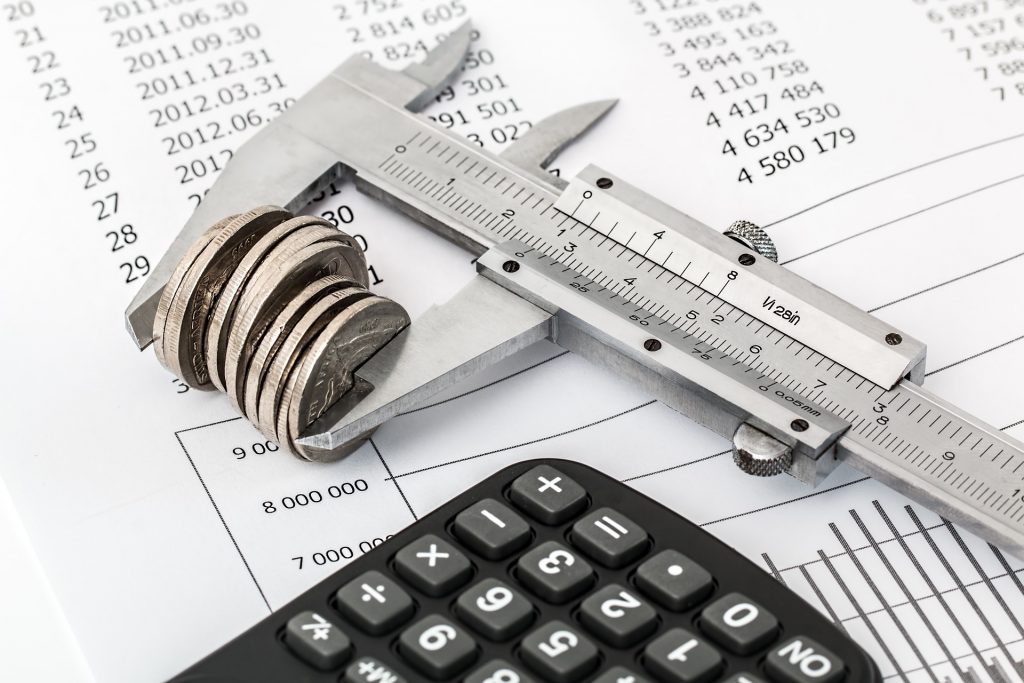Understanding How You Pay Tax – Payments on Account
What Are Payments on Account?
Many people who submit self-assessment tax returns find it difficult to understand how payments on account work and how such payments affect their overall tax bill, so much so that they could end up with an unpleasant surprise.
We are going to make it as simple as possible for you to understand how such payments work and explain how they can be reduced should circumstances permit.
Payments on account are advance payments for the following tax year based on your tax liability for the current tax year. These payments are made in installments twice a year on 31 January and 31 July.
HMRC requires you to make these payments when your self-assessment tax bill for the previous year was more than £1,000 or you’ve paid less than 80% of the tax due at source for the current tax year (e.g. under PAYE).
Payments on account include class 4 national insurance contributions if you are self-employed but do not include any tax you may owe on rental income, capital gains, PAYE, or any student loan repayments as those will be paid by a balancing payment on 31 January following the year of assessment.
I am going to illustrate how payments on account work with an example below:
Let’s assume that you started self-employment on 6 April 2020 and that you have no other income. When you come to calculate your first tax bill (which will be for the tax year 2020-21), you work out that this amount is £2,000. Payment of this amount will be due on 31 January 2022.
Since that amount is greater than £1,000 HMRC will not only expect you to pay the £2,000 but they will also demand that you make a payment on account of your tax bill for the following year, 2021-22, at the same time. This payment will be £1,000 (i.e., 50% of the £2,000 payable for 2020-21).
Therefore your total tax liability payable on 31 January 2022 will be £3,000 (£2,000 + £1,000). You will also have to make a second payment on account on 31 July 2022 of the same amount of £1,000. This means that you will have paid at least part of your tax liability in advance for the year 2021-22.
If, when you come to calculate your tax liability for the year 2021-22 you find that your profit (and therefore your tax bill) is less than it was for 2020-21 then you will have overpaid tax and be entitled to a refund.
The problem comes when you calculate your tax liability for the year 2021-22 and find that you have done better than the previous year and increased your profit (and therefore your tax bill).
You could find that you have a higher tax bill to pay for 2021-22 and that the two payments on account made in January 2021 and July 2021 are not enough to cover the amount due. You will then be faced with an extra balancing payment on 31 January 2022.
Reducing Your Payments On Account
The amount of income you receive year on year will undoubtedly fluctuate.
If you think that this will be your situation then payments on account can be reduced or even eliminated altogether should you believe that your income will be lower than the previous year.
However should you apply for the payments on account to be reduced and then find that you have earned roughly the same amount or more than in the previous tax year, then HMRC charges interest of 2.6% on the difference between the amount you should have paid if you had not made the application and the actual amount paid.
Nevertheless, the major benefit of being required to make payments on account is to your advantage in that it helps with cash flow so you will not be faced with one large tax bill in January – just after Christmas.
How We Can Help
When you use our accounting services we complete your self-assessment tax return we send you a tax computation confirming the amount you have to pay for the year that has passed as well as working out any payments on account due for the following year.
We will discuss with you how your business is doing and if it is felt that you have reason to reduce or eliminate the payments on the account then we will advise you of the implications.
We will apply to HMRC for the reduction on your behalf so that you don’t have to do a thing and can be worry-free as we will take care of the entire process.
AB-2020.12









